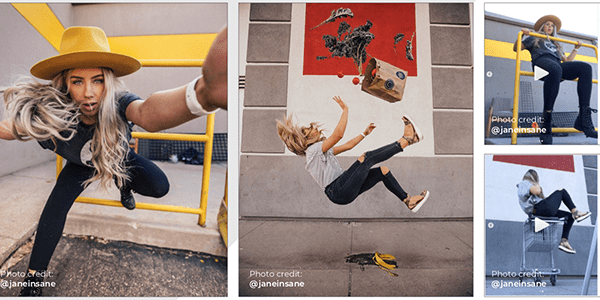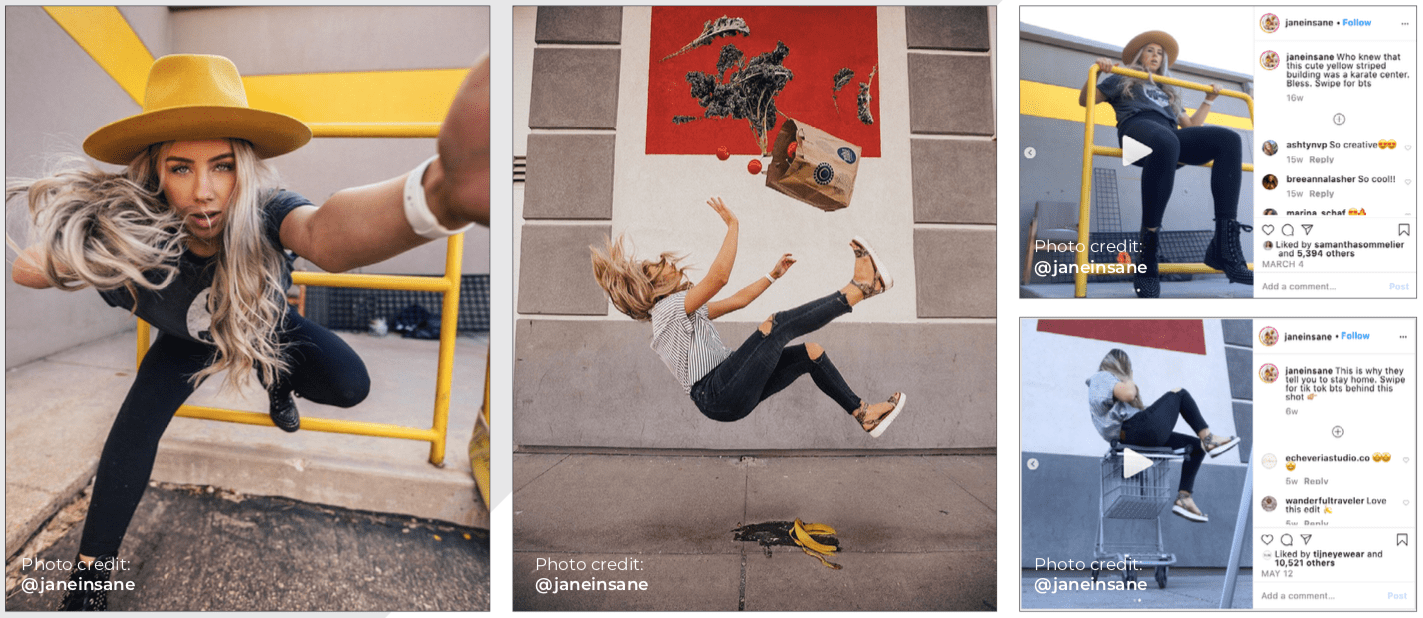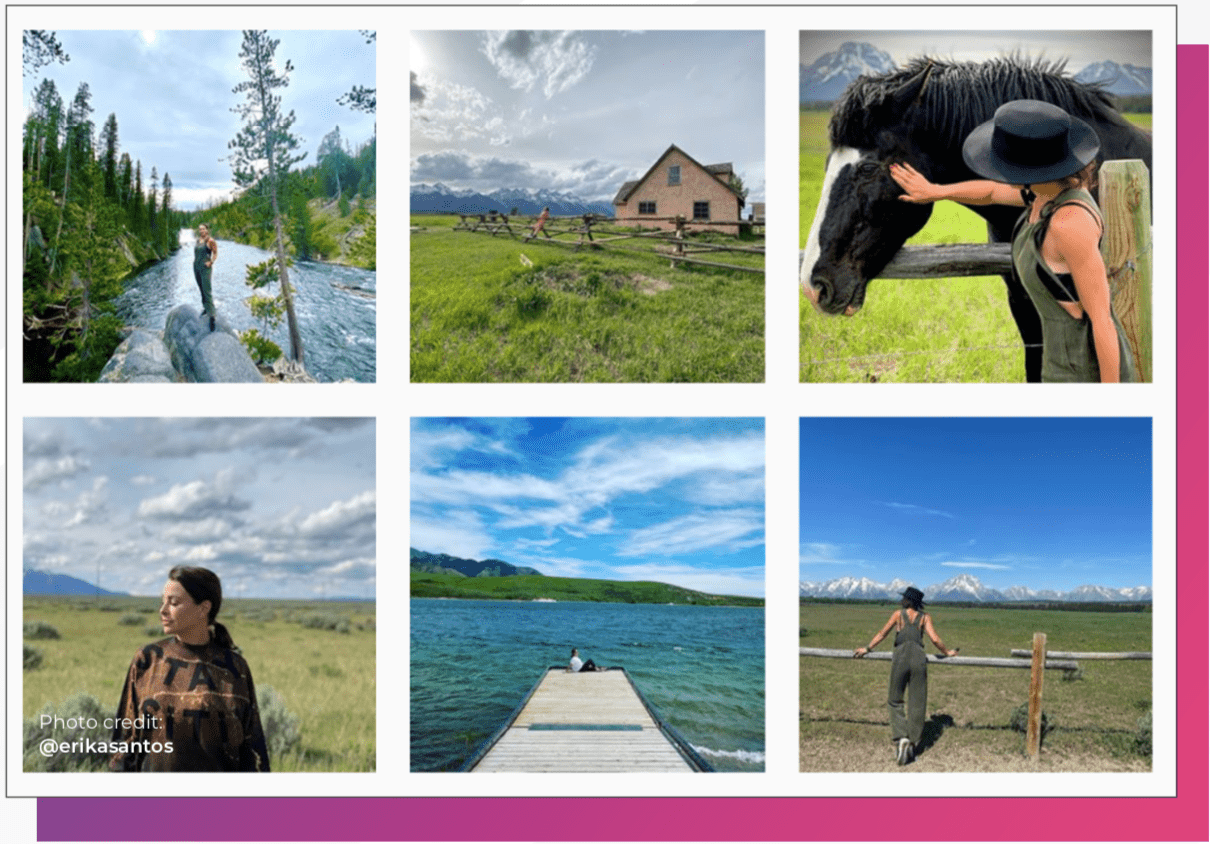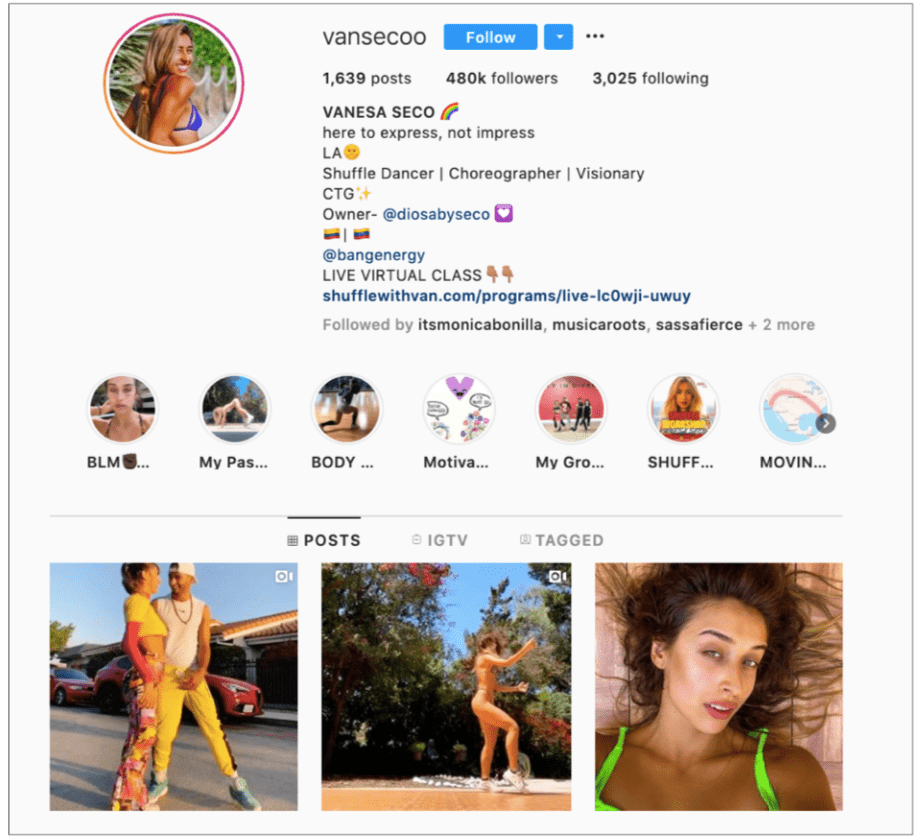Mark Twain would have broken Twitter with his iconic one-liner: “The reports of my death are greatly exaggerated.” Amid the springtime lockdowns, a wave of headlines proclaimed the end of influencer culture. Wired. Vanity Fair. The New York Times. With summer 2020 underway, the mood and the word on the virtual street is changing. “Influencer marketing enters golden age.” Even for an industry as dynamic as social media, this swing from in-memoriam to all-hail-king is giving content creators whiplash. Today we want to touch upon a concept that may have saved a fragile developing digital economy from collapse: Authenticity. What is it and how do we get it?
Authenticity. Noun. “The quality of being real or true.” Thanks, Cambridge Dictionary.
ABBIE LEVI, Account Manager at Open Influence, suggests there are two ways to approach authenticity in the context of social media. One applies to the process of content creation and the other to the content creators themselves. Influencers who allow themselves to be vulnerable in a variety of ways (less makeup, a disorganized room, an imperfect outfit, any relatable true-life experience) tend to connect stronger with audiences that have gotten really reacquainted with their own imperfections in the last couple months. “So what if I’m in the same sweatpants for the 4th day? We’ve seen coworkers, family and friends struggle to cope on Zoom. Aren’t you in the same boat?!” On the content side of digital life, consumers are really into having access to the creative process of influencers. The behind-the-scenes shots and TikTok reports are evolving from the 24-hour lifespan in Stories into becoming a permanent fixture as part of posts. It does not seem to detract from our fascination with cool images, but on the contrary add a layer of appreciation.
Whose authenticity does Abbie appreciate right now?
Jane Williamson @janeinsane
“Her shots are siicckk but then you see what it actually took to make them and you’re just like, oh whaaat??!”
WAIT! But what do the influencers think about this?
We asked Greek-Brazilian style maven and online educator Érika Santos. A winner at the first-ever World Bloggers Awards seemed like a good person to turn to. She must be doing something right according to that jury of industry insiders and her 1.4 million followers.
“Authenticity isn’t something that is created. Rather, it’s the result of providing trustful information that can improve someone’s life. Some have gotten really good at posting whenever they are paid, but people are tired of anything that feels fake. They need real advice to get through hard times. I believe this historic pandemic moment constitutes the greatest entrepreneurial opportunity in tech history. Social media marketing isn’t about selling anything now, but about forming relationships and shaping a dialogue.”
Érika is not an outlier in her sentiments. Media research giant Nielsen has released a study of consumer behavior across the European media markets most affected by COVID-19. They found that “empathy, trust, health and safety will matter most to consumers for the foreseeable future.”
SARA PIERCE, Account Manager at Open Influence, has been deeply immersed in influencer content for the past three years. How does she know if someone is being authentic or not? “I see it if someone doesn’t try to ‘curate’ their whole life. They are raw and honest, showing not just the fun and pretty, but the struggle and hurt that we all experience.” Across the social media universe, audiences are driving away from unrealistic, over-produced content and craving real human-to-human engagement. This is especially true as so many of our daily interactions are shifting online in the post-coronavirus new normal.
Whose authenticity does Sara appreciate right now?
Vanessa Seco @vansecoo
“She’s recognized first for her insane dance talent. Her influence is secondary to her creativity. ‘Here to express, not impress.’ Her bio to me is the new definition of authenticity on social.”
RIGHT! But are influencers up for that kind of openness?
We asked fitness and wellness advocate Valeriu Gutu. He went from being the first representative of his homeland Moldova at the Mister World Contest in 2014 to running his own global training empire with nearly half a million residents/followers in 2020. Now, that’s what you call organic growth!
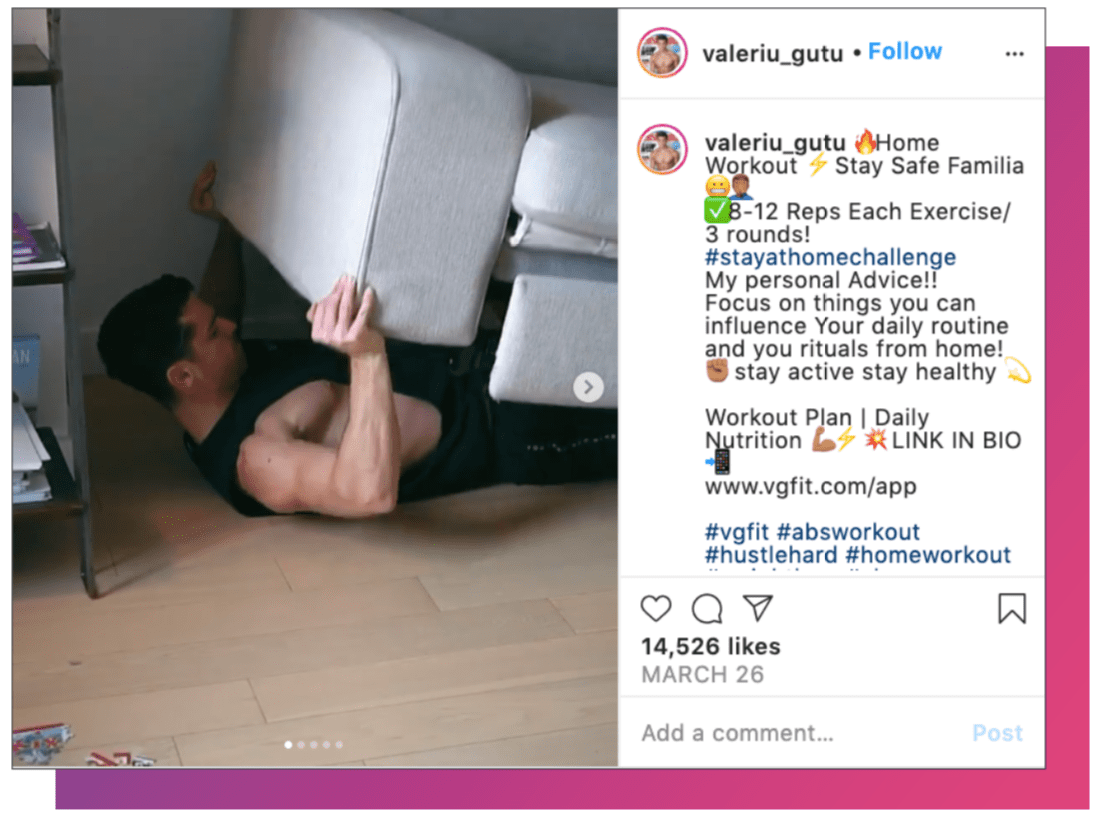
Guess what? Another (!) media research giant – Reuters – has published their study of news and other media content consumption patterns during the coronavirus outbreak. They found that people “want authentic and powerful stories and are less likely to be convinced by ‘he said, she said’ debates.” Audiences relate best to voices with distinct points of view. And just, like, FYI, the word TRUST was mentioned 73 times just in their key findings summary alone.
SO, HERE IS OUR ONE KEY FINDING:
Influencers, social media professionals and media research giants agree on one thing:
Authenticity is the best policy and the strongest currency in 2020 and beyond.
Proceed accordingly.

